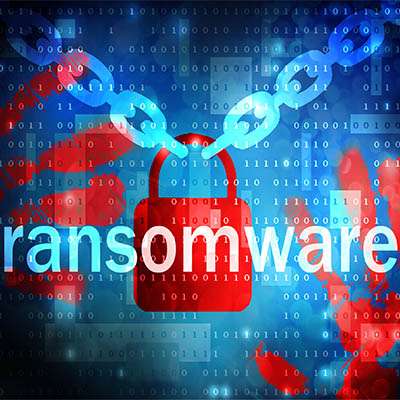Macro Systems Blog
Ransomware has Become More Dangerous and Less Discriminating
While it only makes sense to assume that a hacker would focus specifically on those targets that would bring them the greatest profit (in other words, larger businesses), the reality of modern cybercrime renders this assumption grossly outdated. Let’s examine how different developments in ransomware have made it possible for hackers to be far less discerning in who they target.
Ransomware Has Grown More Dangerous
Let’s face facts for a moment: in order to be effective, a hacker can take advantage of a few different challenges that small and medium-sized businesses frequently struggle with. For example:
- Cybercriminals frequently rely on deception in the form of phishing. Utilizing phishing attacks, a cybercriminal bypasses the protections a business has in place by taking advantage of their employees in order to gain access to the business’ network.
- A lack of communication between departments makes issues even greater. A lack of communications between a business’ departments can exacerbate the risks to be seen from cybercriminals.
- Smaller businesses don’t always have the resources needed to prepare their team members. Unlike corporations, SMBs probably don’t have a dedicated budget for cybersecurity training, and almost certainly can’t afford the salary of a dedicated security professional on-staff.
However, on top of these opportunities, modern cybercriminal has others they can exploit:
Automated Threats
Cybercriminals, like many of the businesses operating today, have embraced the concept of automation to their advantage. Instead of manually attacking individual targets, cybercriminals are able to wage widespread attacks with minimal effort. Even the extortion component of ransomware has become increasingly automated.
One ransomware variant, Avaddon, has been using automation to its advantage. With a Dark Web site listing the companies that have been infected, a countdown is provided that ticks away the time before data is automatically publicized.
Ransomware as a Service
In a manner of speaking, cybercrime is now a legitimate industry, with teams of developers and commission-based structures responsible for spreading attacks far and wide. Ransomware as a Service is just one example of this, with a packaged ransomware attack bundled up for an aspiring cybercriminal to use. These types of services only make cyberattacks more accessible to those who would wage them.
Layered Extortion
Many ransomware attacks have historically extorted money from their victims more than once. Not only are the victims charged for resumed access to their data, but they then have to pay up to keep the attackers from leaking this data out.
Unfortunately for businesses, this approach has evolved. Now, this kind of extortion takes place in four parts:
- The victimized business is instructed to pay for their access to their encrypted data to be restored.
- Cybercriminals release the data they’ve stolen if the ransom isn’t paid.
- Denial of Service attacks are used to take down a victim’s website.
- The hackers responsible reach out to the targeted business’ customers, partners, employees, and the media to inform them of the hack.
All in all, these tactics have only made ransomware attacks more successful.
You Need to Be Ready to Resist Ransomware
Ransomware is a serious issue for businesses and isn’t going away anytime soon. That’s why Macro Systems is here to help you stop it. Find out more about what we can do by calling 703-359-9211 today.





Comments